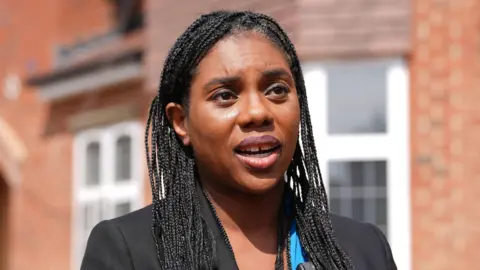World News
Birmingham bin strikes, Doctors' strikes, Hollywood Strikes, Israeli airstrikes, Israeli Strikes, Military Strikes, NHS, NHS dentistry, NHS England, NHS Innovation, NHS strikes, Nurses, pay dispute, Royal College of Nursing, Russian Strikes, University Hospitals Sussex NHS Foundation Trust
admin
0 Comments
NHS Facing Potential Strikes as Nurses Set to Reject Pay Offer
Nurses Poised to Reject Pay Deal, Raising Risk of Strikes
Nurses in England are expected to overwhelmingly reject a proposed pay increase this week, according to reports. This decision could pave the way for potential strike action later in the year, further straining an already stretched National Health Service (NHS).
The Royal College of Nursing (RCN) has been conducting a consultative vote on the 3.6% pay rise offered by the government. This follows recommendations from the pay review body. However, the RCN has previously voiced strong opposition to the offer, with some leaders describing it as insufficient when compared to pay increases for other public sector workers like doctors, teachers, and the armed forces.
The results of the vote, expected to be announced later this week, are anticipated to show a strong rejection of the deal. The BBC understands that the rejection will be “overwhelming,” signaling significant discontent among nursing staff.

The government, in response to the anticipated rejection, has urged RCN members to accept the pay award, citing two above-inflation pay increases already received. However, the RCN and its members argue that the current offer does not adequately reflect the value of their work, the rising cost of living, and the challenges faced within the healthcare system.
Strike Action Looms
While the consultative vote’s outcome will be announced this week, any decision on formal strike action will be deferred until later in the year. The RCN intends to use the summer months to negotiate with government ministers, aiming to address their concerns and avoid a formal ballot for strike action in the autumn. The union has indicated its willingness to discuss wider pay structures, not just the headline pay figures.
A union spokesman stated, “As the largest part of the NHS workforce, nursing staff do not feel valued, and the government must urgently begin to turn that around.” The Department of Health and Social Care acknowledged the situation, noting that new full-time nurses would receive £30,000 in basic pay for the first time this year due to previous pay rises. However, the department also stated that they would work with the RCN on concerns like pay structure reform and career progression.
Wider NHS Discontent
The nurses’ potential rejection of the pay deal comes amidst wider unrest within the NHS. The GMB union, representing thousands of healthcare workers, including ambulance crews, has already rejected the government’s pay offer in an initial consultative vote. The GMB members voted by 67% against the 3.6% pay award offered for 2025/26.
The GMB has written to Health Secretary Wes Streeting requesting an urgent meeting to discuss pay and other crucial issues. Furthermore, resident doctors in England, previously known as junior doctors, recently began a five-day strike due to a failure to reach an agreement with the government regarding pay. The Health Secretary acknowledged that, while impossible to eliminate disruption entirely, the aim was to keep any disruption to a minimum during the strikes.
The ongoing disputes across various healthcare professions underscore the complex challenges facing the NHS, including staffing shortages, increasing workloads, and the need for competitive pay and working conditions. As negotiations continue, the potential for further industrial action remains a significant concern for the healthcare system and patients alike.



Post Comment